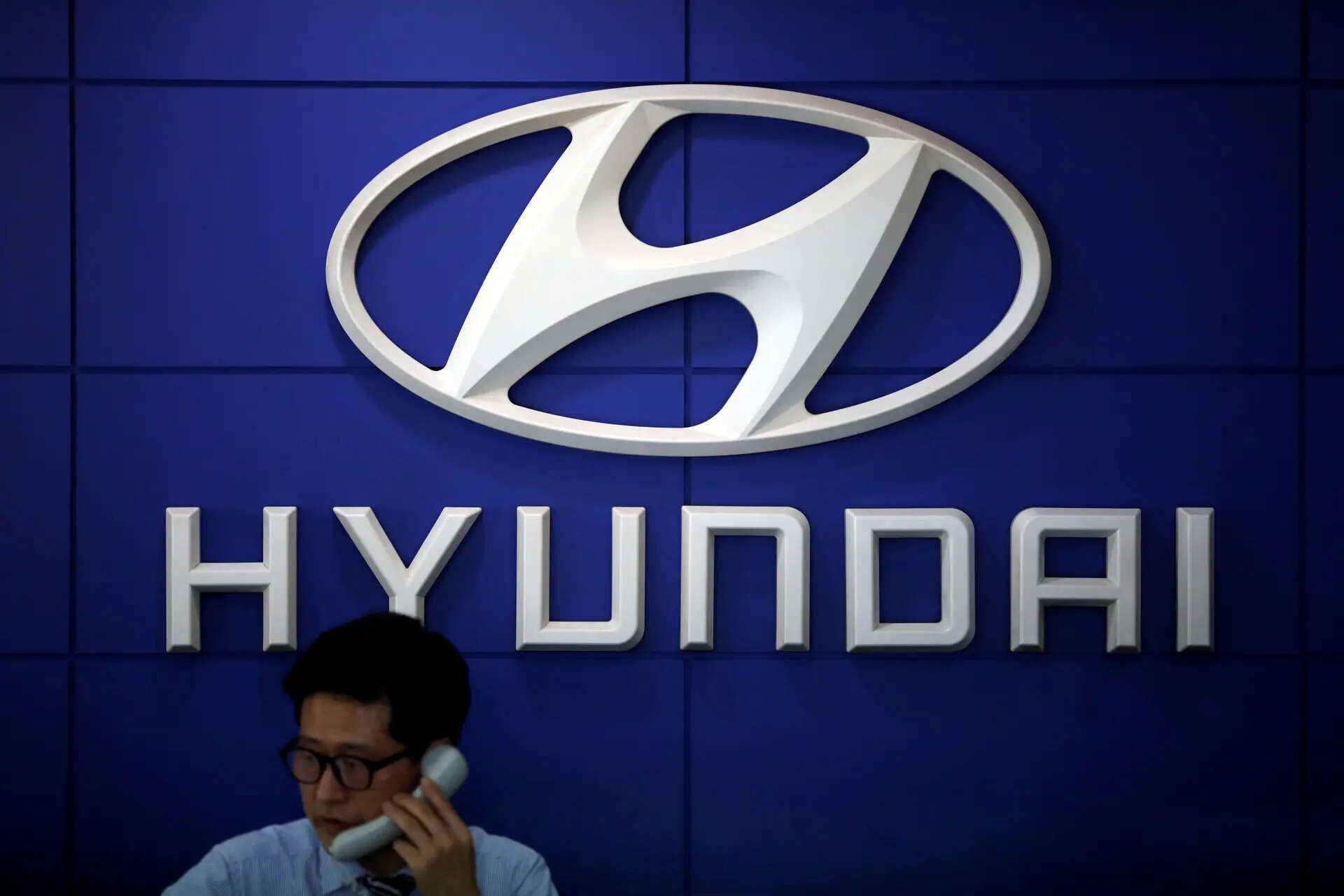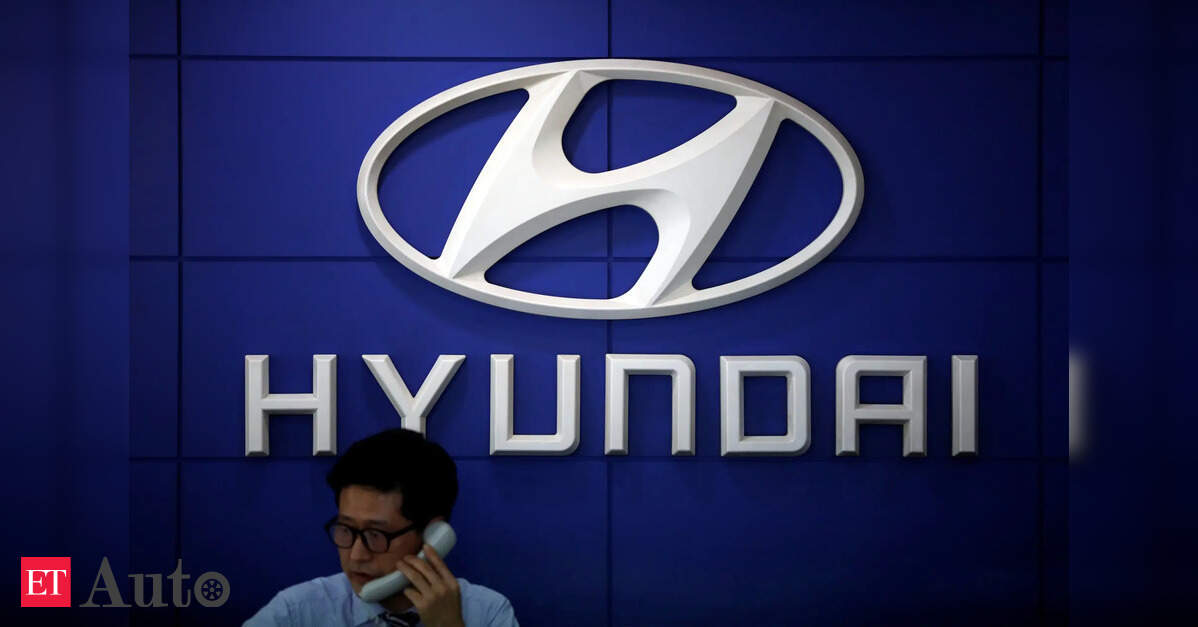 Nomura, in its latest report on September 22, believes Hyundai’s growth story has further legs.
Nomura, in its latest report on September 22, believes Hyundai’s growth story has further legs.Shares of Hyundai Motor India are on a dream run, with the government’s GST 2.0 rejig and festive cheer propelling its stock to uncharted territory. On September 22, shares of the Creta-maker hit a record ₹2,890, almost 90 per cent higher than the 52-week low of ₹1,541 touched barely six months ago on April 7.
Could festive rush and the government’s GST2.0 rejig help the stock turn multibagger from the April 7 lows? The first day of Navratri is a strong case in point as the company clocked around 11,000 dealer billings — its highest single-day tally in five years. “The momentum is strong, and we expect it to sustain through the festive season,” said Tarun Garg, whole-time director and COO of Hyundai Motor India said.
Nomura, in its latest report on September 22, believes Hyundai’s growth story has further legs. The brokerage expects India to account for 15 per cent of Hyundai Motor Company’s global target of 5.5 million units by 2030, translating into 8.3 lakh units of domestic sales, a 40 per cent jump from 6 lakh units in 2025. Including exports, Hyundai Motor India’s volumes are projected to rise from 7.8 lakh units in 2025 to 1.2 million units by 2030, implying annual growth of 9 per cent.
Capacity expansion is underway, with the new Pune facility set to add 2.5 lakh units annually (1.7 lakh units by the third quarter of FY26), which could push total capacity close to 1 million units. Nomura noted that Hyundai may still need to invest further to achieve its 2030 ambitions but emphasised that the company is prioritising “quality of growth” by focusing on profitable segments such as SUVs. A rising export mix, from 22 per cent in FY25 to 30 per cent by 2030, is also expected to support margins, given stronger profitability in overseas markets. The brokerage sees Hyundai delivering a 27 per cent EPS CAGR over FY26-28 and maintained its ‘Buy’ rating.
New launches could fuel growth. Hyundai has laid out an ambitious product roadmap, with an India-focused EV slated for launch in 2027 in the A+ SUV segment. Globally, the company plans to introduce more than 18 hybrid models by 2030, including those under the Genesis brand, some of which are expected to reach Indian shores. Hyundai also expects hybrids and EVs to account for a larger share of overall volumes in the Asia-Pacific region by 2030, pointing to a likely increase in their adoption in India over the coming years.
Motilal Oswal also echoes the same optimism with a ‘Buy’ call, forecasting 8 per cent volume growth annually over FY25-27, with most of the uptick coming towards the end of the period. While start-up costs from the new Pune plant could weigh in the near term, earnings are expected to normalise by FY27, driving 10 per cent earnings CAGR over FY25-27. The brokerage highlighted Hyundai’s SUV-heavy portfolio as well-positioned to capture India’s premiumisation trend, while also underlining export opportunities across Southeast Asia, Latin America, Africa, and the Middle East.
“Automobiles are consolidated players and the likes of Hyundai offer better risk-reward compared to consumer durables, where valuations remain stretched,” said Vikas Khemani, founder of Carnelian Asset Advisors, to ET Now, pointing to Hyundai’s strong model line-up and positive traction.
With a strong product pipeline, rising SUV and EV focus, and an expanding export footprint, Hyundai Motor India appears well-positioned to ride the dual tailwinds of festive demand and GST 2.0 reforms. Brokerages remain bullish, highlighting the company’s ability to deliver profitable growth while capturing both domestic and global opportunities, making the stock one to watch in the months ahead.
Since the GST announcement, Hyundai Motor India shares have risen over 21 per cent to become the second biggest gainer after Maruti Suzuki, India’s leading 4-wheeler manufacturer.




